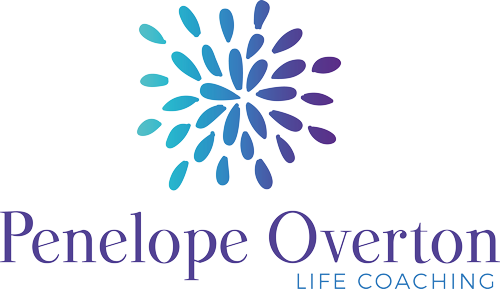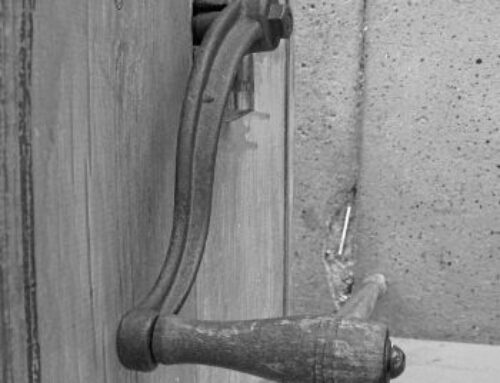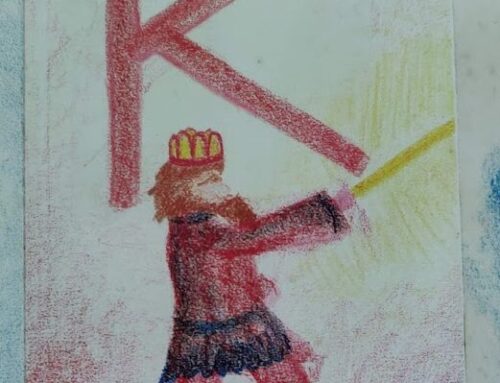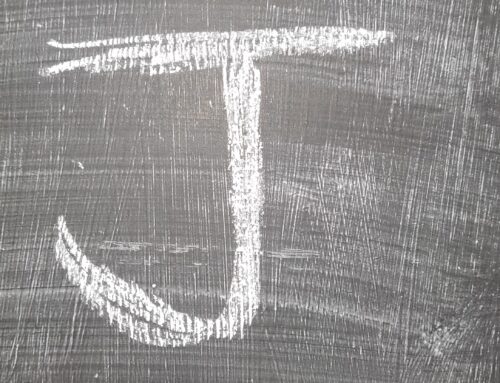When I was six I won a game of ‘guess how many sweets are in the jar’ at my dad’s office party, by cheating. Somewhat pathetically, rather than guess my own number, I copied the number that before mine on the sheet. Only I copied it down wrong.
I’ve always felt slightly guilty about that incident, but I’ve managed to turn that sort of guessing into a job.
Very often, in the course of a session, I will make a stab at guessing what my client is feeling. I don’t do this instead of asking, of course, but sometimes asking doesn’t help a client get to the point (see previous post) and a little intervention is in order. I’ll say something like: ‘I’m guessing that is frustrating for you’, or ‘It’s just a guess, but I wonder if you felt fear when that happened’.
It’s not a complete guess; it will have been based on my understanding of the narrative, my understanding of my client and their situation and on my own experience. It is a guess, though, in that without actually being my client I can’t know. And if I appear to know more about what my client is thinking or feeling than they do, they’re probably not going to come back.
So what?
The reason this matters, is that it’s easy to believe we do know what’s going on in the minds of other people. ‘I know exactly what she’s thinking’. ‘I don’t need to ask, I know what he’ll say’. ‘If I say I don’t like museums, she’ll think I’m criticising her’.
It’s absurd when you think about it; we understand our own uniqueness and how annoying it is when people assume they know what we mean before we even say it, and yet we do it about others. Humans, huh.
So, that’s why it makes sense to guess – an educated guess, but a guess that you can accept is wrong, and will be glad to have put right.
My guess about the number of sweets wasn’t a guess at all. It was an attempt to copy someone else, that happened to yield a jar of sweets. I both got it right and didn’t, which, probably, as you get good at listening, is roughly how your guesses will turn out too.




